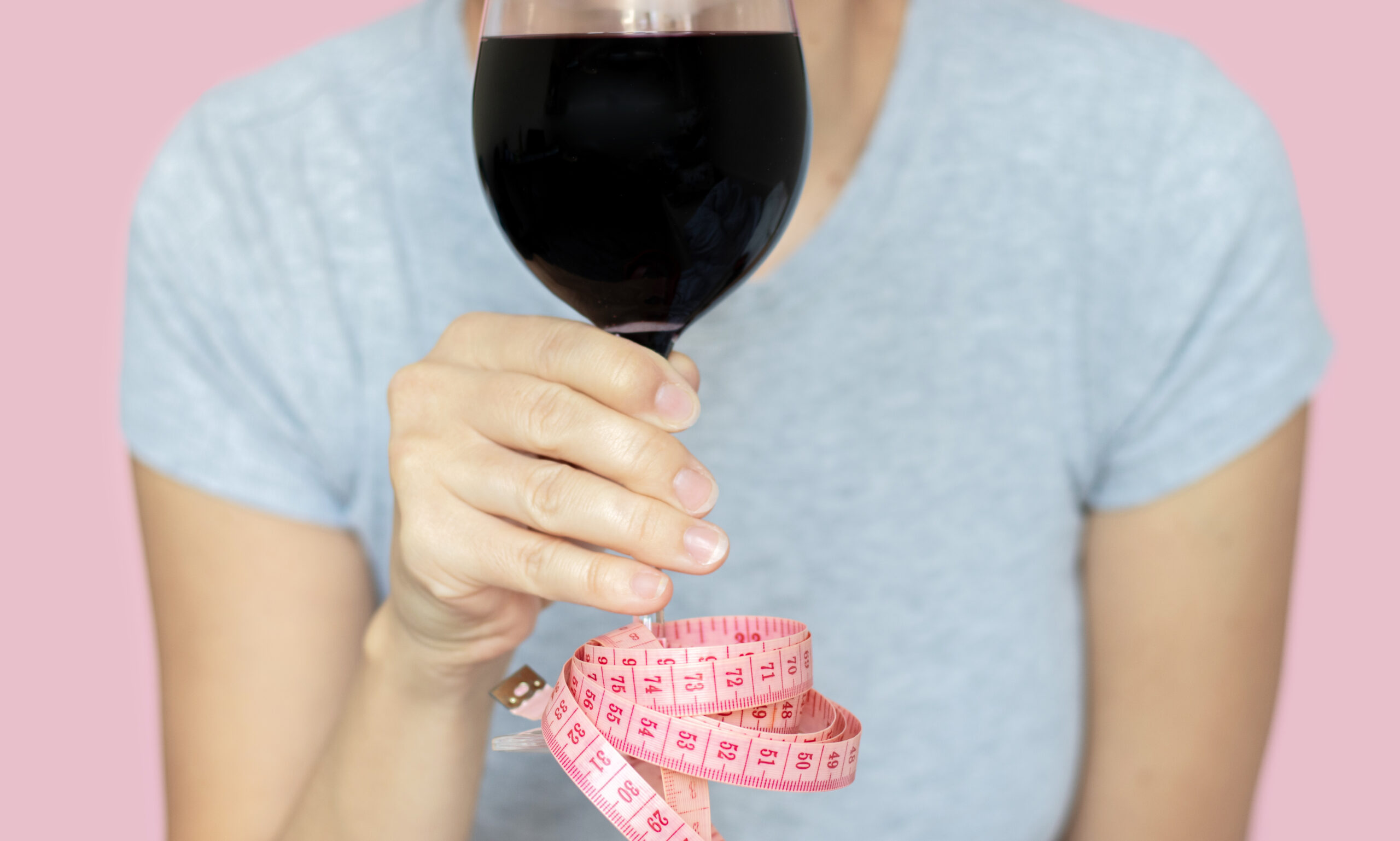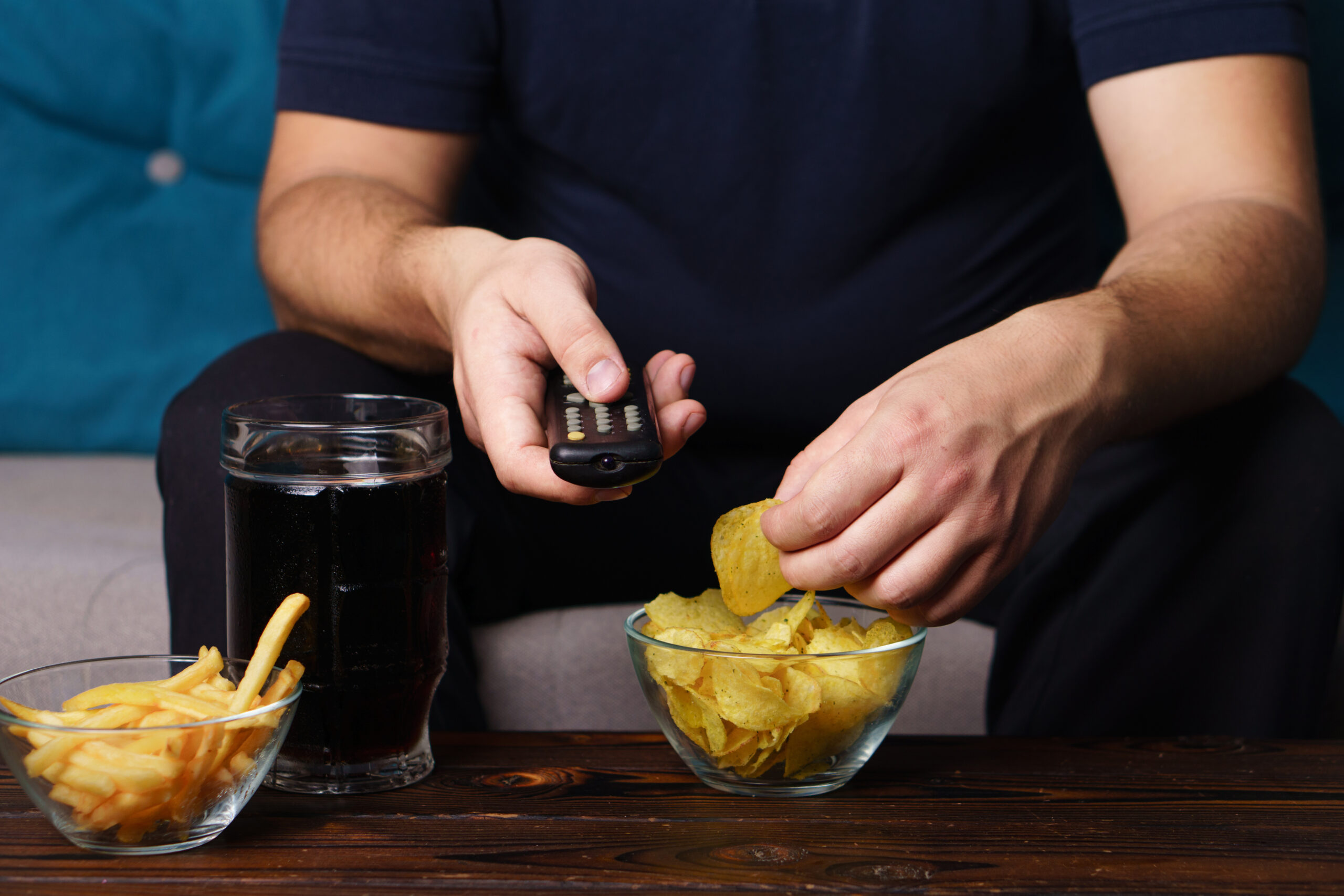Alcohol consumption can have a significant impact on weight, often leading to unwanted weight gain. Many people don’t realize that alcoholic beverages are high in empty calories, which can contribute to an expanding waistline. For example, a standard beer contains about 150 calories, and a glass of wine has around 120 calories. When these drinks are consumed in excess, it’s easy to see how the calories can add up. Moreover, alcohol abuse can increase appetite and lower inhibitions, making it more likely for people to indulge in unhealthy food choices.
Research shows that heavy drinking is associated with higher body mass index (BMI) and obesity rates. A study published in the American Journal of Public Health found that people who engage in chronic drinking are at greater risk for obesity compared to non-drinkers. Additionally, the effects of alcohol on metabolism slow down the body’s ability to burn fat efficiently. This can result in more fat being stored, particularly around the abdomen, which is associated with increased health conditions and risk factors for heart disease.
At California Addiction Treatment, we understand the challenges of losing weight after cutting out alcohol. Our personalized programs not only focus on sobriety but also include comprehensive nutrition and fitness plans. These plans help our clients shed the extra pounds gained from alcohol consumption, promoting a healthier, more balanced lifestyle and improved quality of life.
What is Alcohol Addiction?
When a person finds that they’re depending on alcohol emotionally and physically, and cannot live without it, they can be said to have alcohol use disorder. Alcohol dependence can develop gradually, often beginning with social drinking that escalates into regular and excessive consumption. Over time, the person’s body builds a tolerance to alcohol, requiring more to achieve the same effects. This cycle of increased consumption and dependence can lead to significant health conditions and impair daily functioning, affecting both physical health and mental health.

Signs and Symptoms of Alcohol Addiction
The need to drink more to feel the same effects. This increased tolerance can lead to consuming larger quantities of alcohol over time and is one of the key alcohol use disorder symptoms.
Experiencing strong urges or cravings to drink, which can be intense and hard to ignore, driving one to get more alcohol.
Due to the high-calorie content of alcoholic beverages and poor dietary choices often made while drinking. This weight gain can be a noticeable physical change in someone struggling with alcohol addiction.
One may try to limit the number of drinks they have or the frequency of drinking, but fail to cut down or quit drinking altogether.
Neglecting personal, professional, or social responsibilities. This might manifest as poor performance at work, neglecting family duties, or withdrawing from social activities.
A clear sign of addiction where symptoms of alcohol withdrawal can include anxiety, tremors, sweating, nausea, and irritability. Severe withdrawal symptoms may require medical supervision and medical attention.
One will continue to drink heavily despite knowing it is harming one’s health, relationships, or job performance.
Spending a significant amount of time drinking, obtaining alcohol, or recovering from its effects can interfere with one’s day-to-day responsibilities and activities.
Withdrawing from friends and family to hide their drinking habits or because they prefer to drink alone.
How Alcohol Affects Weight Gain and Weight Loss
Drinks with friends, a glass of wine after a long day—alcohol is woven into our social fabric. But did you know it can also play a significant role in weight management? Here are some ways alcohol affects your weight loss journey:
Alcoholic beverages are calorie-dense. For example, a single beer has about 150 calories, and a glass of wine contains around 120. These calories add up quickly, especially if you enjoy multiple drinks in one sitting or engage in binge drinking. Within a relatively short time, this can lead to gaining weight.
Drinking alcohol can make you feel hungrier. When people drink, they often crave and consume more food, typically unhealthy options. This additional calorie intake makes it challenging to maintain or lose weight.
Alcohol slows down your metabolism, meaning your body burns calories less efficiently. Heavy alcohol consumption can cause your body to store more fat, particularly around your belly, which is associated with higher health conditions and increased risk of heart disease.
Research, such as that published in the American Journal of Public Health, shows that heavy drinkers are at a higher risk of obesity compared to non-drinkers. This highlights the significant impact alcohol can have on body weight.
Alcohol can interfere with your body’s ability to absorb essential nutrients, such as vitamins and minerals. This can lead to deficiencies that affect overall health and weight management.
Drinking alcohol can disrupt your natural sleep cycles and prevent better-quality sleep. Poor sleep is linked to weight gain because it can affect hormones that control hunger and appetite, leading to increased food intake and decreased motivation for physical activity. Abstinence from alcohol often leads to improved quality of sleep.
Alcohol acts as a diuretic, causing dehydration. Dehydration can sometimes be mistaken for hunger, leading to overeating and additional calorie intake.
Regular alcohol consumption can reduce your energy levels and motivation to exercise. This decrease in physical activity makes it harder to burn off the extra calories consumed through drinking.
Alcoholic beverages are often dubbed “empty” calories. They provide energy (calories) but lack essential nutrients. For instance, a 12-ounce beer packs around 155 calories, while a 5-ounce glass of red wine adds 125 calories. Compare that to a recommended afternoon snack of 150 to 200 calories. If you mix alcohol with fruit juice or soda, the calorie count climbs even higher.
When you consume alcohol, your body prioritizes it as a fuel source. It burns alcohol before tapping into glucose from carbs or lipids from fats. Unfortunately, any excess glucose and lipids end up as—you guessed it—body fat. So that beer or cocktail becomes a direct deposit into your adipose tissue account.
Your liver, the body’s filter, processes alcohol. Heavy drinking can lead to fatty liver disease and alcohol-related liver disease, affecting how your body metabolizes and stores carbs and fats. This metabolic shift makes shedding those extra pounds an uphill battle and can progress to more serious liver disease if left untreated.
The infamous “beer gut” isn’t a myth. High-sugar foods (like beer) contribute to weight gain. While we can’t choose where the weight settles, the abdominal area tends to be a favorite storage spot.
Alcohol lowers inhibitions, leading to poor food decisions. Ever craved a greasy burger or a late-night pizza after a few drinks? You’re not alone. Alcohol impairs judgment, making that cheesy slice irresistible.
How Much Weight Can You Lose By Not Drinking Alcohol?
Giving up alcohol can be a game-changer for weight loss. Abstinence from alcohol eliminates calories that offer no nutritional value. For example, a 12-ounce beer has about 155 calories, and a 5-ounce glass of wine has around 125. If you have two drinks a day, that’s about 310 extra calories. Over a week, that’s 2,170 calories—almost enough to gain two-thirds of a pound. By taking a break from alcohol, you eliminate these extra calories. Over a month, you could cut out roughly 8,680 calories, equating to around 2.5 pounds of weight loss. Over a year, that’s more than 30 pounds.
People with alcohol use disorders who stop drinking often notice a drop in their weight. Studies have shown that individuals who reduce or quit drinking can lose an average of 1-2 pounds per week, depending on their overall calorie intake and activity level. This weight loss isn’t just about the calories in alcohol but also the better food choices and healthier habits that often accompany avoidance of alcohol.The absence of alcohol can also lead to better-quality sleep, more energy, and improved digestion, all of which support weight loss. Plus, you’re likely to make healthier food choices when you’re not under the effects of alcohol, avoiding late-night snacking and high-calorie meals.

The amount of weight you can lose by not drinking varies based on several factors, including your starting weight, diet, exercise routine, and how much alcohol per week you typically consume. The more you drank before quitting, the more dramatic your weight loss might be. Remember, weight loss is a gradual process, and everyone’s body responds differently. The long-term benefits of cutting out alcohol extend beyond the scale, improving your overall physical health and mental health. With fewer empty calories and healthier habits, you’ll likely see the pounds drop off steadily over time.
What Can You Do to Lose Weight Gained from Drinking Alcohol?
Gaining weight from drinking alcohol is common, but there are steps you can take to shed those extra pounds. Here’s how:
Recognize situations or emotions that trigger your urge to drink. Finding alternative ways to cope with stress, such as practicing mindfulness, exercising, or engaging in a hobby, can help you reduce your alcohol consumption.
One of the most effective ways to lose weight gained from alcohol is to reduce your alcohol intake. This doesn’t mean you have to quit entirely, but cutting back can make a big difference. Try to limit yourself to a few drinks per week and choose lower-calorie options like light beer or wine spritzers. Moderate drinking or abstinence from alcohol can provide short-term benefits and long-term benefits for your health.
Alcohol dehydrates you, and dehydration can sometimes be mistaken for hunger. Make sure you’re drinking plenty of water throughout the day. A good rule of thumb is to drink a glass of water for every alcoholic beverage you consume.
Focus on eating a balanced diet rich in fruits, vegetables, lean proteins, and whole grains. Avoid high-calorie, high-fat foods that can add extra pounds. Planning your meals and snacks can help you make healthier choices and resist the temptation of junk food.
Exercise is key to losing weight and improving heart health. Aim for at least 150 minutes of moderate-intensity aerobic activity, like brisk walking, each week. Strength training exercises are also beneficial as they help build muscle, which can boost your metabolism and reduce risk factors for various health conditions.
Lack of sleep can lead to weight gain because it affects the hormones that control hunger and appetite. Practice getting 7-9 hours of better-quality sleep each night to balance these hormones and aid your weight loss journey. The absence of alcohol often leads to improved natural sleep cycles and deep sleep.
Keeping track of what you eat and drink can help you stay on track with your weight loss goals. Consider using a food diary or a mobile app to log your meals, snacks, and beverages. Monitoring your progress can help you identify patterns and make necessary adjustments.
Weight loss is a gradual process, so focus on long-term goals rather than quick fixes. Celebrate small victories along the way and stay committed to a healthier lifestyle.
/vc_column_text]
We Offer Alcohol Addiction in Huntington Beach

At California Addiction Treatment, we provide a supportive environment where our clients can overcome alcohol use disorder and achieve weight loss. Our program focuses on holistic healing, offering personalized treatment options that address both addiction and health. By eliminating alcohol, our clients cut out empty calories, leading to natural weight loss. Additionally, studies have shown that individuals who quit drinking often experience significant improvements in health.
Our treatment for alcohol use disorder includes nutrition counseling and fitness programs, helping clients adopt healthier lifestyles. We provide medical supervision for those experiencing alcohol withdrawal symptoms and offer support for managing intense cravings. Our mental health professionals and support groups aid in managing emotional triggers and developing healthy coping mechanisms.
Our comprehensive approach ensures that clients not only recover from alcohol dependence but also gain the tools and habits necessary for maintaining a healthy weight and overall well-being. We understand that recovery from alcohol addiction involves addressing both physical health and mental health aspects of the disorder.
If you’re struggling with alcohol use disorder symptoms or need advice about treatment options, our team is here to help. We work with various health insurance plans to make treatment accessible. Begin your journey to a healthier, alcohol-free life by reaching out to us today. Our compassionate team is ready to support you on your journey to recovery and wellness, helping you achieve the long-term benefits of abstinence from alcohol.





